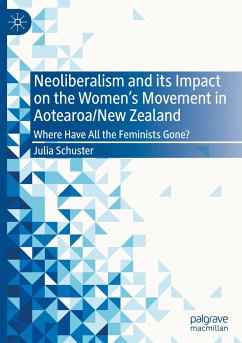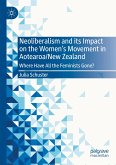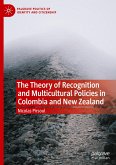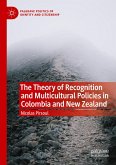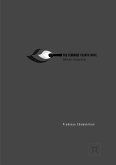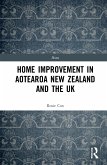This book investigates how neoliberalism shaped the women's movement in Aotearoa/New Zealand from the mid-1980s to late 2010s and looks at the future of the movement. Based on an empirical study that encompasses the three levels of the movement-individualised feminism, the work of women's organisations, and state feminism-it explores how neoliberal rationality, promoted by governments over three decades, has impacted feminist identification and activism as well as political opportunities for organisations and institutions working within the movement. Exploring the diversity of feminist voices, the author analyses intersectional, (post)colonial and intergenerational debates within the movement in the context of neoliberalism's influence on feminist values and strategies, and examines whether neoliberal rationality succeeded in depoliticising, individualising and fragmenting the movement. The book comes to the conclusion that despite some severe drawbacks, internal conflicts and changes of strategies, the women's movement in Aotearoa/New Zealand has survived the impact of neoliberalism.
This book will be of interest to scholars of Gender Studies, Sociology, Political Science, and Women's History, as well as feminist activists.
This book will be of interest to scholars of Gender Studies, Sociology, Political Science, and Women's History, as well as feminist activists.

